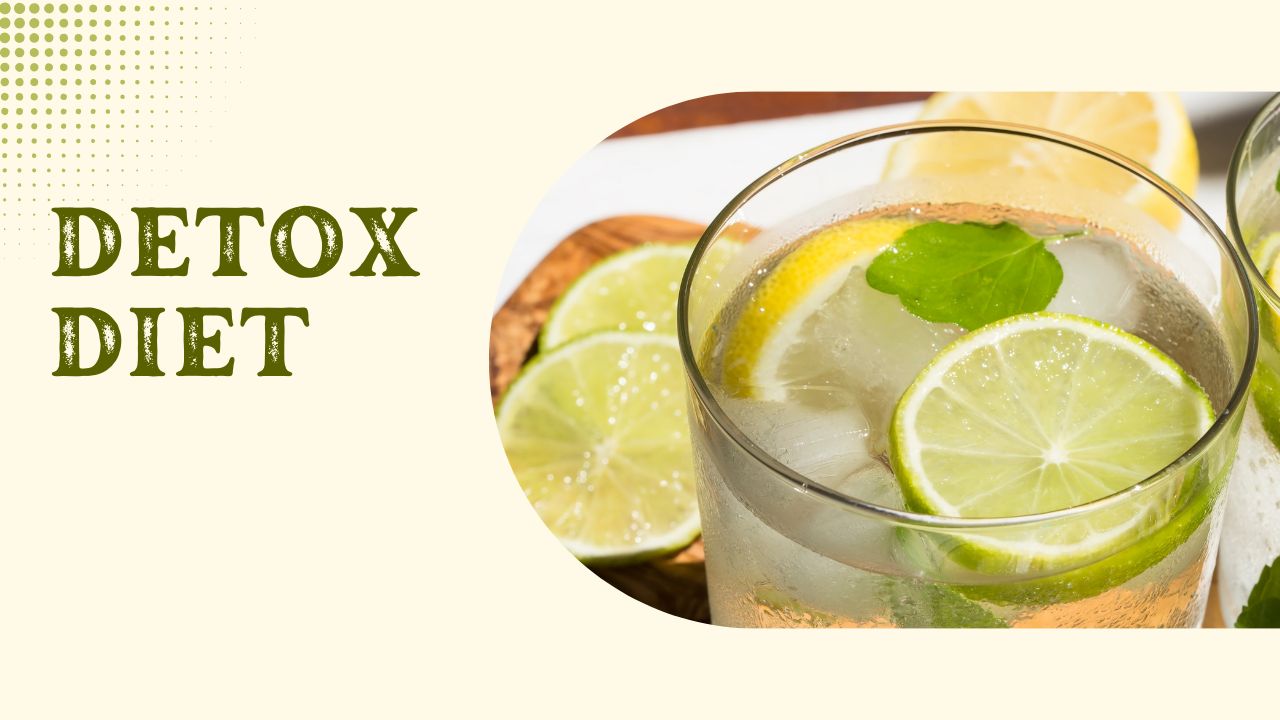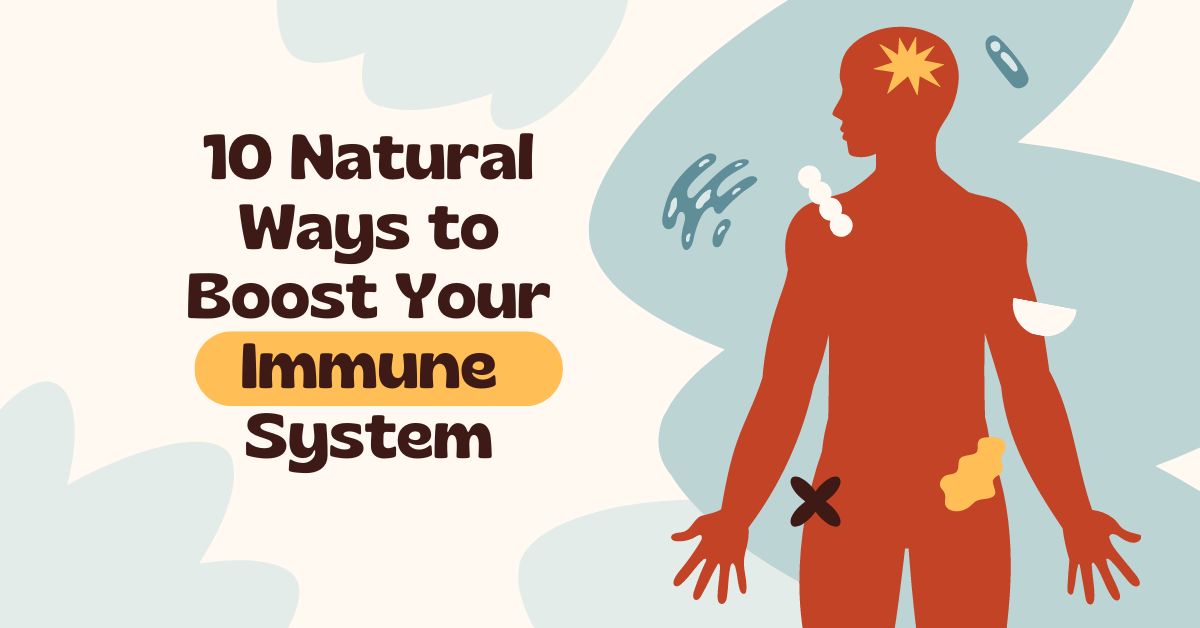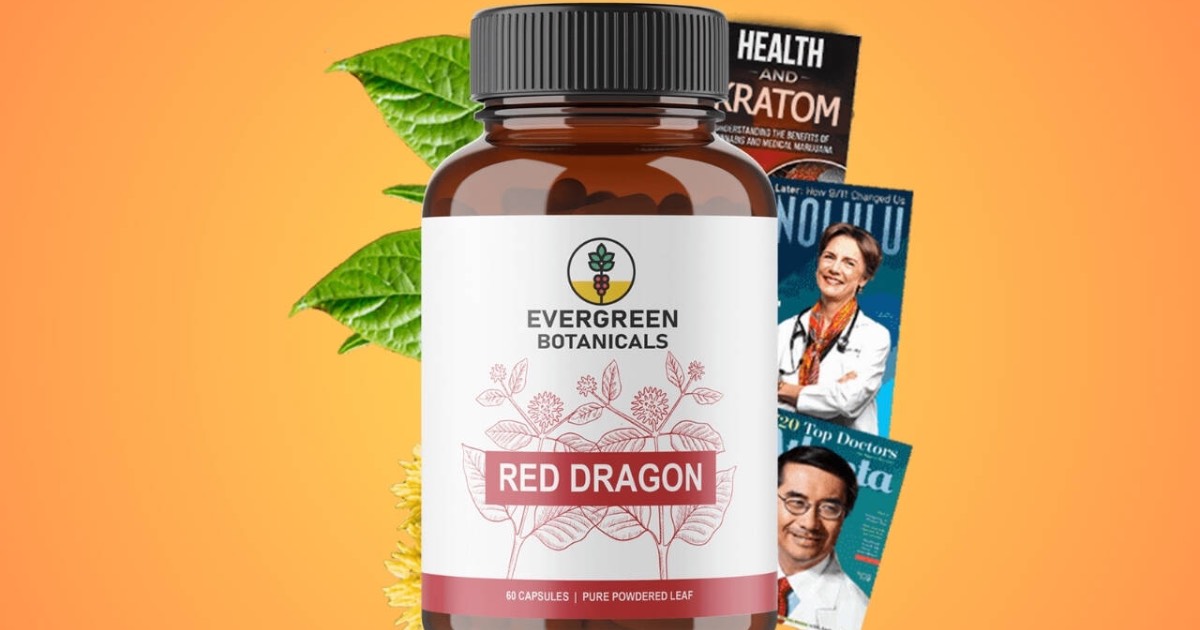In recent years, detox diets have surged in popularity, touted as a fast and effective way to cleanse your body, lose weight, and enhance overall health. From juice cleanses to herbal detoxes, these diets promise to rid your body of toxins and reset your metabolism. But do detox diets really work, or are they just another health trend? In this blog, we’ll dive deep into the science behind detox diets, how they claim to work, potential benefits, risks, and whether they’re truly effective for long-term health.
What is a Detox Diet?
A detox diet is a short-term dietary regimen designed to eliminate toxins from the body, often promising rapid weight loss, clearer skin, better digestion, and improved mental clarity. These diets typically involve fasting or restricting certain foods while increasing the consumption of liquids like water, smoothies, or juices. The concept of “detoxification” assumes that our bodies accumulate harmful substances from processed foods, pollution, or other environmental factors, and detox diets can help flush them out.
However, the real question is: does the body actually need an external method to detoxify, or is this a myth perpetuated by the wellness industry?
The Science Behind Detoxification
The human body has a remarkable system for naturally detoxifying itself, primarily through the liver, kidneys, lungs, and digestive system. These organs work continuously to filter out harmful substances such as alcohol, chemicals, and metabolic waste. While detox diets aim to boost this process, the reality is that our organs don’t need any extra help in most cases.
The liver, in particular, plays a vital role in breaking down toxins and flushing them out through urine or sweat. The kidneys filter the blood, and the digestive system removes waste. Therefore, detox diets may not be necessary for those with a healthy functioning body.
Types of Detox Diets
Detox diets come in many forms, some of which are more extreme than others. Below are the most popular types:
Juice Cleanses
Juice cleanses require drinking only fruit and vegetable juices for a few consecutive days. These diets are promoted for weight loss and energy boosts but often lack essential nutrients like protein and fat.
Water Fasts
A water fast involves drinking only water for a set period, typically 24-72 hours. This is one of the most restrictive forms of detoxification and can be dangerous if prolonged, as it deprives the body of essential nutrients.
Herbal Detoxes
Herbal detoxes use supplements like teas, powders, or pills made from natural herbs to stimulate bowel movements and cleanse the digestive tract. However, many of these products are not regulated, which may pose health risks.
Raw Food Detox
A raw food detox emphasizes eating uncooked fruits, vegetables, seeds, and nuts. This method is praised for promoting digestion and providing essential vitamins and minerals, though it lacks flexibility.
Sugar Detox
A sugar detox involves eliminating all forms of added sugar from your diet to help stabilize blood sugar levels and improve energy. This method can be beneficial for some, but extreme sugar detoxes that cut out fruits or dairy may cause nutrient deficiencies.
How Detox Diets Claim to Work
Detox diets claim to flush out toxins that accumulate in the body, leading to a range of health benefits. The proponents of these diets argue that modern living exposes people to a variety of harmful substances, from pesticides in food to pollutants in the air, which can build up and cause fatigue, weight gain, and chronic diseases.
Common mechanisms claimed by detox diets include:
- Stimulating the liver to enhance its detoxifying capabilities
- Promoting waste elimination through bowel movements, urine, and sweat
- Boosting circulation
- Providing the body with essential nutrients to aid the detoxification process
However, there is limited scientific evidence supporting these claims. The body’s natural detox system is often sufficient to handle toxins without the need for restrictive diets.
Potential Benefits of Detox Diets
Despite the lack of scientific backing, some people report feeling better after completing a detox diet. Here are a few potential benefits:
Improved Digestion
Eliminating processed foods and focusing on whole, fiber-rich fruits and vegetables may improve digestion and reduce bloating. Juice cleanses, for example, can provide a temporary break for the digestive system.
Enhanced Skin Health
Some individuals notice clearer skin after a detox, possibly due to the reduction of inflammatory foods like sugar, dairy, and processed snacks.
Weight Loss
Most detox diets lead to rapid, short-term weight loss, primarily because of calorie restriction and the elimination of carbohydrates. However, this weight loss is often water weight, and the effects may not be long-lasting.
Increased Energy Levels
After completing a detox, some people report feeling more energized, likely due to the reduction in sugar and junk food intake, which can otherwise cause energy crashes.
The Risks and Side Effects of Detox Diets
While detox diets may have short-term benefits, they also carry potential risks, especially if followed for extended periods.
- Nutrient Deficiencies: Most detox diets eliminate key food groups, which can lead to a lack of essential vitamins, minerals, and proteins. Over time, this can weaken the immune system, cause muscle loss, and slow metabolism.
- Fatigue and Dizziness: Many detox diets involve significant calorie reduction, which can result in fatigue, dizziness, and irritability due to low blood sugar levels.
- Dehydration: Some detoxes, particularly those involving herbal supplements or laxatives, may lead to dehydration and an imbalance of electrolytes.
- Digestive Issues: Fasting or restrictive diets may result in gastrointestinal discomfort, bloating, or diarrhea, especially when herbal supplements are involved.
Do Detox Diets Really Remove Toxins?
One of the most significant claims of detox diets is their ability to remove toxins from the body. However, there is no scientific proof that detox diets enhance the body’s ability to eliminate toxins.
The body’s liver, kidneys, and digestive system are designed to detoxify naturally. Detox diets can give people a sense of lightness or rejuvenation mainly because they are eating fewer processed foods and drinking more water, but this doesn’t imply that toxins are being removed any more effectively than usual.
The Body’s Natural Detoxification System
The human body has an incredible built-in detoxification system, comprising the liver, kidneys, lungs, and intestines. Here’s a quick overview of how it works:
- Liver: Filters toxins from the blood and transforms harmful chemicals into less toxic substances.
- Kidneys: It filter waste from the blood and excrete it through urination.
- Lungs: Remove carbon dioxide and other volatile chemicals.
- Intestines: Process food waste and eliminate it from the body.
Each of these organs works together to keep your body free of toxins, making detox diets largely unnecessary unless you have specific health conditions.
Sustainable Alternatives to Detox Diets
Instead of jumping on the detox diet bandwagon, here are some sustainable alternatives that promote long-term health without drastic dietary changes:
- Eat a Balanced Diet: Focus on whole foods like fruits, vegetables, lean proteins, and whole grains to naturally support your body’s detox process.
- Stay Hydrated: Drinking plenty of water helps your kidneys and digestive system work efficiently to remove waste.
- Exercise Regularly: Physical activity increases circulation, aids digestion, and promotes overall health.
- Get Enough Sleep: Rest is crucial for supporting cellular repair and ensuring your organs function optimally.
Final Verdict: Should You Try a Detox Diet?
While detox diets may offer temporary benefits like weight loss or increased energy, they are not a long-term solution for health and wellness. The body is naturally equipped to detoxify itself without the need for extreme dietary measures. Rather than relying on detox diets, a balanced diet, regular exercise, and adequate hydration are more effective and sustainable ways to support your body’s detoxification processes.
FAQs About Detox Diets
Q: Can detox diets help with weight loss?
A: Detox diets may result in short-term weight loss due to calorie restriction, but the weight loss is often temporary and not sustainable.
Q: Are there any side effects of detox diets?
A: Yes, detox diets can cause nutrient deficiencies, fatigue, dizziness, digestive issues, and dehydration if followed for too long.
Q: Do detox diets actually remove toxins from the body?
A: There is no scientific evidence that detox diets improve the body’s ability to remove toxins. The liver, kidneys, and other organs works to naturally detoxify the body.
Q: How long should you follow a detox diet?
A: Most detox diets are short-term, lasting anywhere from 3 to 10 days. However, extended detox diets are not recommended due to the risk of nutrient deficiencies.
Q: What are some healthier alternatives to detox diets?
A: Eating a balanced diet, staying hydrated, exercising regularly, and getting enough sleep are effective and sustainable alternatives to detox diets.
Conclusion
Detox diets may seem appealing due to their quick-fix promises, but they are often unnecessary and potentially harmful in the long run. The body’s natural detox system is highly effective, and maintaining a balanced lifestyle is the best way to support your overall health. Instead of relying on detoxes, focus on sustainable habits that nourish your body and promote long-term wellness.


